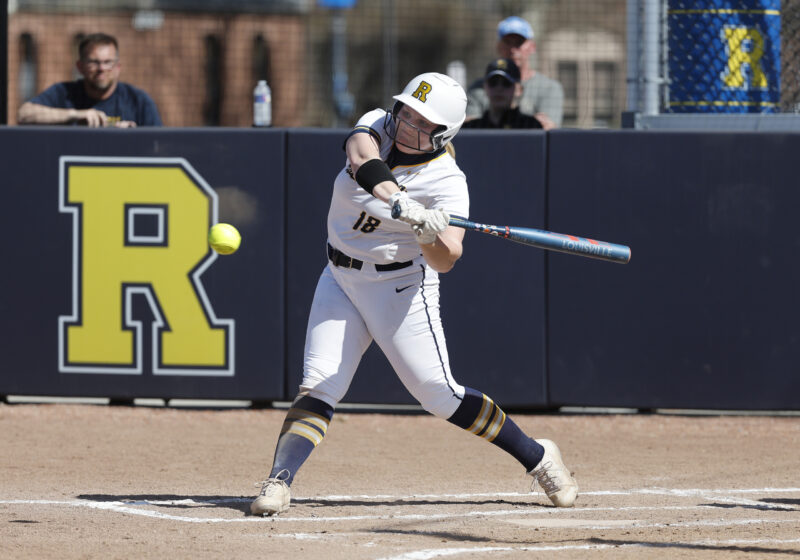‘Mass Effect 2″ has received a great deal of praise since its release. Its fascinating narrative and attention to improving the problems of the previous installment are some of the most notable aspects of this sequel.
There is something very interesting about how ‘Mass Effect 2″ is constructed, and it feels like this release is indicative of gaming’s place in the artistic hierarchy. (Note: Spoilers ahead.)
The formula is nothing new for Bioware: There is a mysterious threat (insectoid Collectors who have been ‘collecting” human colonists en masse) and only you are capable of assembling a squad to conquer it.
Everyone on your squad is single and sexually available (species lines being minor hurdles). Lastly, four lead-up missions must be completed before a final push towards the main villain. All of this amounts to what is essentially a cover-based squad shooter, with an unusual focus on interactive storytelling and dialogue. Unusual for any other squad-based shooter, that is but to be expected for any Bioware game.
Some video game sequels follow the original to the letter, delivering exactly what fans want. Others rework the original, transforming the main point and shifting the focus of the franchise. ‘Mass Effect 2″ is a curious mix of these two traditions.
For one, the focus on inventory management from the first ‘Mass Effect” has been all but thrashed. What remains is a much simpler weapon screen one would expect from a shooter, not a role playing game. The vehicle sections are entirely nixed, replaced by a focus on corridor shooting levels and small scale combat situations. The only thing unchanged is the dialogue system, which was the greatest part of ‘Mass Effect” and is thus happily unaltered.
In general, these are all good changes ‘Mass Effect 2″ is a sharper, more approachable and more compelling game. It’s the RPG for shooter fans and the shooter game for RPG fans.
The game’s characters deserve special consideration. Whereas ‘Mass Effect” featured only six squad characters, ‘Mass Effect 2″ has at least ten. Each character is as unique and engrossing as any character from the original ‘Mass Effect,” if not more.
‘Mass Effect 2″ puts its focus squarely on these squad members misfits, murderers and terrorists each joining Shepard for their own reasons. From the genetically engineered Grunt to the battle scarred vigilante extraordinaire Garrus and the reptilian assassin Thane (who I successfully romanced), each squad member brings something valuable to the table. Fan favorites like Tali return in full form, while every surviving former squad member plays a major role in the game.
Each squad member has such a ‘loyalty” quest to other members, and each gives great rewards for these. For Samara (an alien super-psychic), you must track down her estranged daughter who has become a nightclub serial killer.
You are supposed to catch the daughter’s eye and lure her to a position of vulnerability so that Samara can easily kill her. What is most interesting about this entire affair is that it is completed without any combat. It is pure interactive storytelling.
These bold and moving sequences are what make ‘Mass Effect 2″ special. The events are the most important aspect of the game, with the actual gameplay simply acting as a vehicle for the narrative. There are emotional highs and low, tension breaking comedy and tear-jerking tragedy. With 30 hours of content, the game expertly navigates many different tones.
‘Mass Effect 2″ is the middle child of the franchise. It flatly acknowledges the first and upcoming third ‘Mass Effect,” and in fact moves the overall story forward only marginally (there is no ‘villain conversation” like the one with Sovereign in the original).
‘Mass Effect,” as a franchise, has been building up to a final confrontation with the reapers for this entire console generation now.
If Bioware’s willingness to rethink and improve their game design here is any indication of what to expect from the next ‘Mass Effect,” we can be sure that this trilogy will secure its place in the pantheon of great science fiction.
Atlas is a member of the class of 2012.




